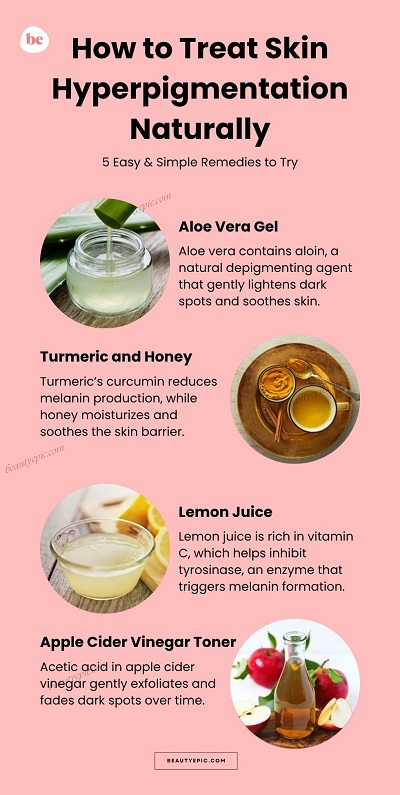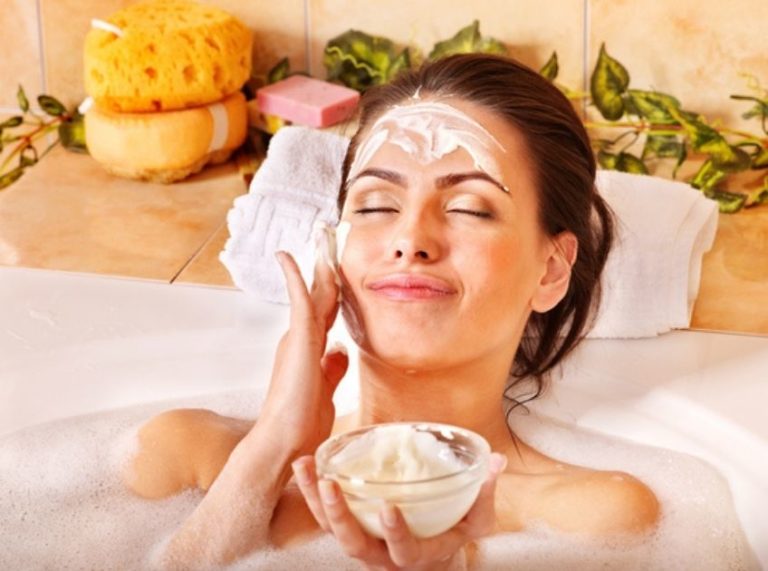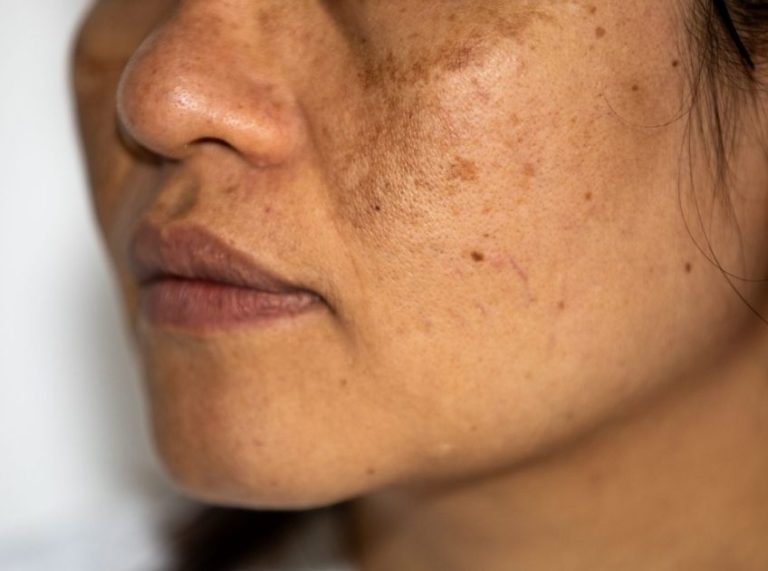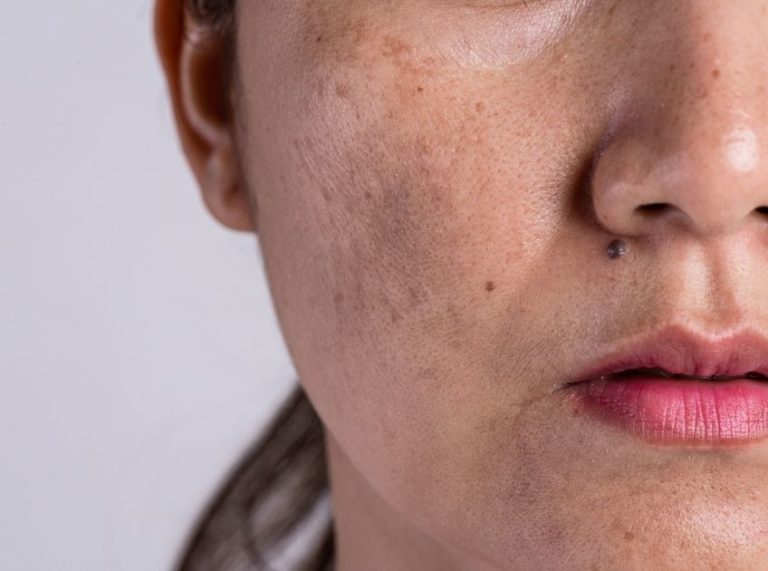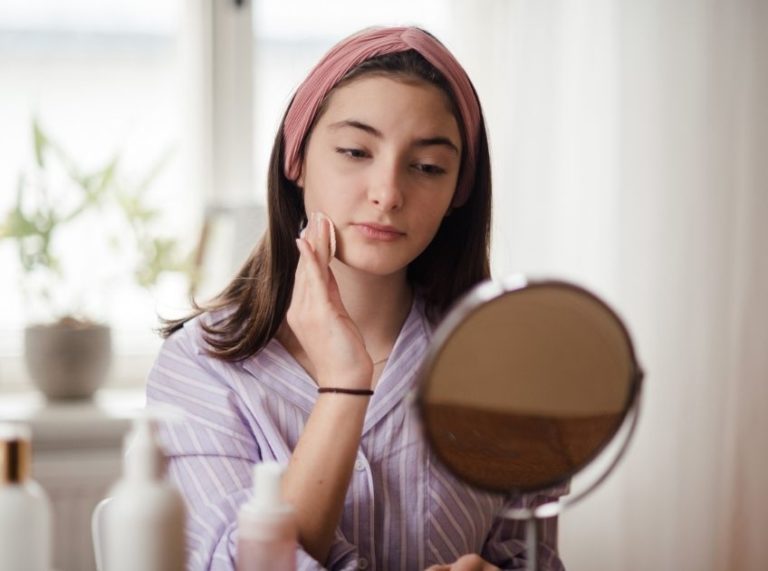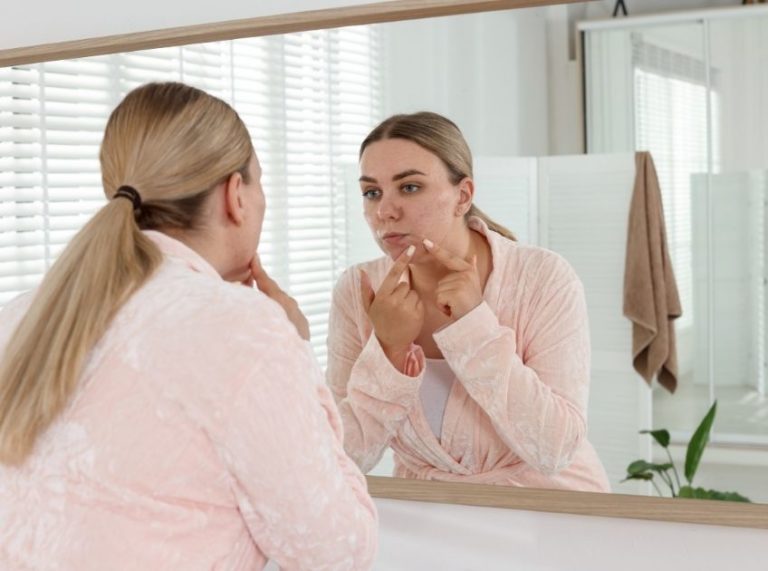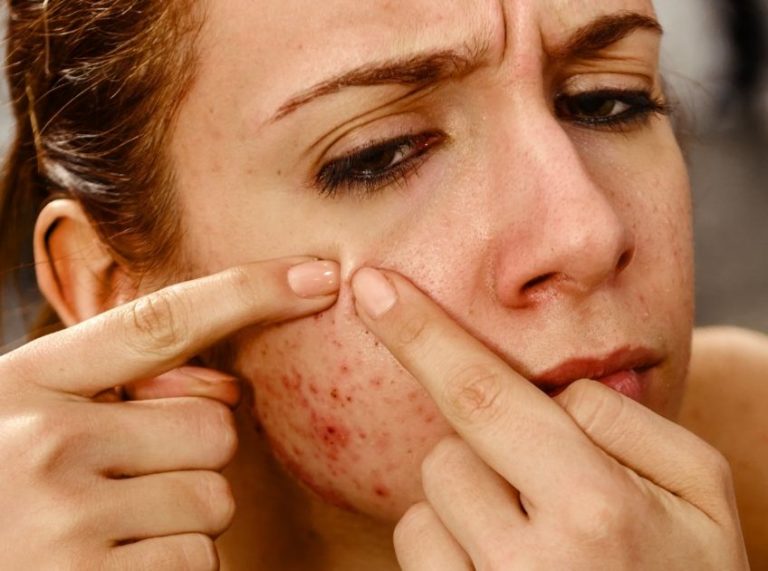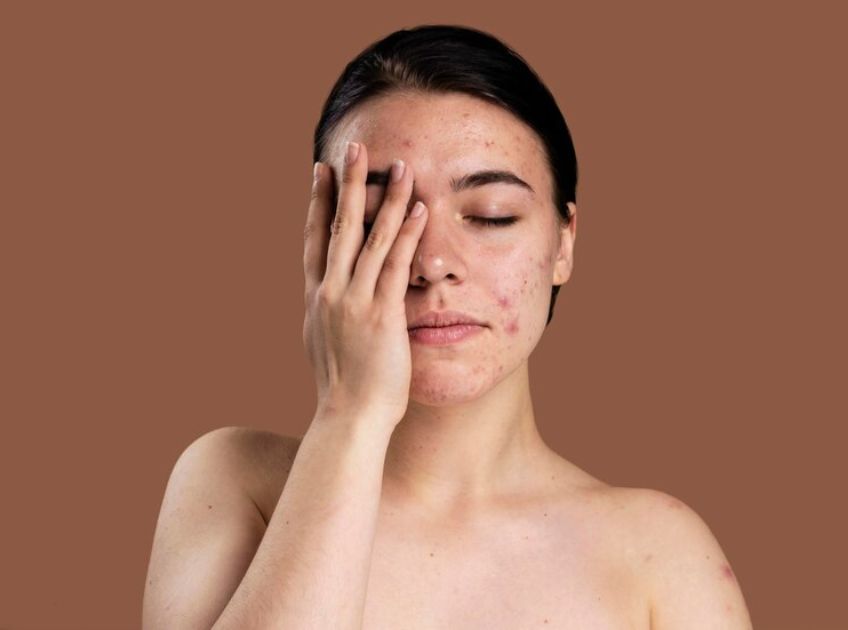
Important: This article is for informational purposes only. Please read our full disclaimer for more details.
Hyperpigmentation is a common skin concern that causes dark patches due to excess melanin production. Sun exposure, hormonal changes, acne scars, and aging are often behind these uneven tones. While clinical treatments work, natural remedies can also help lighten spots gently over time without harsh chemicals.
The Science Behind Home Remedies for Hyperpigmentation
Natural ingredients often work by reducing melanin synthesis or gently exfoliating dead skin cells, revealing brighter, more even-toned skin.
- Aloe Vera: Contains aloin, which has been shown to depigment skin and reduce dark spots in studies (1).
- Turmeric: Curcumin has antioxidant and anti-inflammatory properties that can inhibit excess melanin production (2).
- Lemon Juice: Rich in vitamin C, which can brighten skin and fade pigmentation by blocking tyrosinase, the enzyme responsible for melanin formation (3).
- Apple Cider Vinegar: Contains acetic acid, which may lighten hyperpigmented areas by mild exfoliation.
- Green Tea Extract: Polyphenols in green tea have shown potential in reducing UV-induced pigmentation (4).
These remedies work best when used consistently and combined with sun protection to prevent further darkening.
Popular Home Remedies for Hyperpigmentation
1. Aloe Vera Gel Spot Treatment
Why it Works: Aloe vera contains aloin, a natural depigmenting agent that gently lightens dark spots and soothes skin.
Ingredients
- Fresh aloe vera leaf or pure aloe vera gel
Directions
- Extract fresh gel from the aloe vera leaf.
- Cleanse your face and pat dry.
- Apply a thin layer of aloe vera gel directly on the hyperpigmented areas.
- Leave it overnight or at least 30–40 minutes before rinsing.
How to Apply
- Use every night for 4–6 weeks for visible lightning.
- Pair with sunscreen during the day to prevent further pigmentation.
2. Turmeric and Honey Brightening Pack
Why it Works: Turmeric’s curcumin reduces melanin production, while honey moisturizes and soothes the skin barrier.
Ingredients
- 1 teaspoon turmeric powder
- 1 teaspoon raw honey
Directions
- Mix turmeric and honey into a smooth paste.
- Clean your face and apply a thin layer on the dark spots or the entire face.
- Leave it on for 15–20 minutes.
- Rinse with lukewarm water and pat dry.
How to Apply
- Use 3–4 times a week.
- Avoid leaving turmeric on for too long to prevent yellow stains.
3. Diluted Lemon Juice Lightening Solution
Why it Works: Lemon juice is rich in vitamin C, which helps inhibit tyrosinase, an enzyme that triggers melanin formation.
Ingredients
- 1 tablespoon lemon juice
- 1 tablespoon water
Directions
- Mix lemon juice with equal parts water to reduce acidity.
- Apply the mixture to dark spots using a cotton ball.
- Leave on for 10 minutes, then rinse thoroughly.
How to Apply
- Use 2–3 times per week only.
- Always moisturize afterward and use sunscreen, as lemon makes skin photosensitive.
3. Green Tea Compress
Why it Works: Green tea’s catechins help neutralize oxidative stress and reduce pigmentation caused by UV damage.
Ingredients
- 1 green tea bag
- ½ cup hot water
Directions
- Steep the green tea bag in hot water for 3–4 minutes.
- Let the tea bag cool until lukewarm.
- Place the cooled tea bag directly on the pigmented areas or use cotton dipped in green tea.
- Leave for 15 minutes, then rinse.
How to Apply
- Use daily as a soothing treatment.
- It can also be stored in the refrigerator for a cooling effect.
4. Apple Cider Vinegar Toner
Why it Works: Acetic acid in apple cider vinegar gently exfoliates and fades dark spots over time.
Ingredients
- 1 part apple cider vinegar
- 3 parts water
Directions
- Mix ACV and water to make a mild toner.
- Dip a cotton ball in the solution and dab on hyperpigmented areas.
- Leave for 2–3 minutes and rinse with cool water.
How to Apply
- Start 2–3 times a week, then increase to daily if skin tolerates it.
- Always follow with moisturizer to avoid dryness.
Frequently Asked Questions (FAQ’S)
1. How long does it take for home remedies to fade hyperpigmentation?
A. Visible results may take 4–8 weeks of consistent use, depending on the severity of pigmentation and skin type.
2. Can I use lemon juice daily for hyperpigmentation?
A. No, lemon juice can be harsh if overused. Limit to 2–3 times per week and always dilute to avoid irritation.
3. Are home remedies enough to completely remove hyperpigmentation?
A. Mild cases can improve significantly with natural remedies, but stubborn pigmentation may require dermatological treatments like chemical peels or laser therapy.
Home remedies for hyperpigmentation are safe, affordable, and effective when used consistently and paired with sun protection. Ingredients like aloe vera, turmeric, and green tea have scientific backing for their skin-lightening effects. For best results, combine these remedies with a gentle skincare routine and consult a dermatologist for severe cases.
